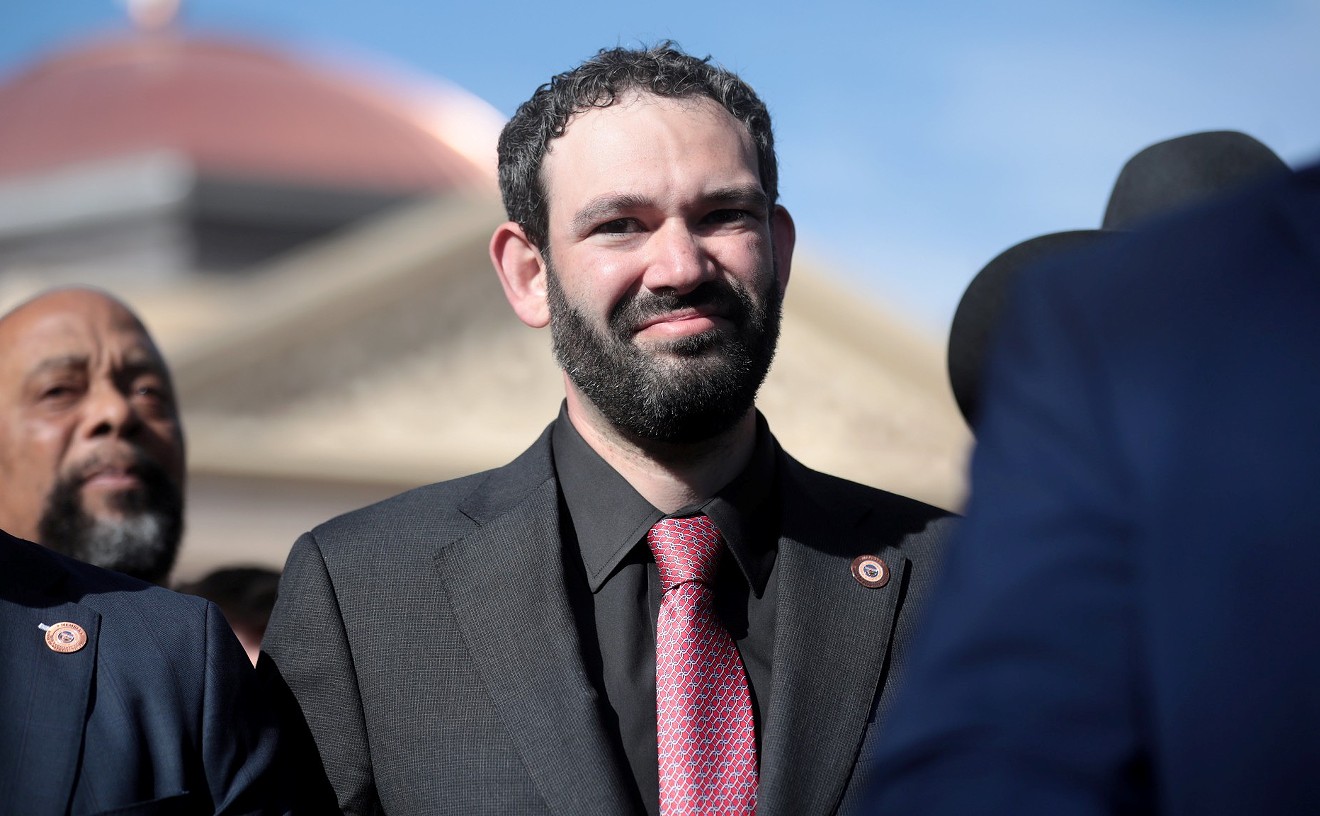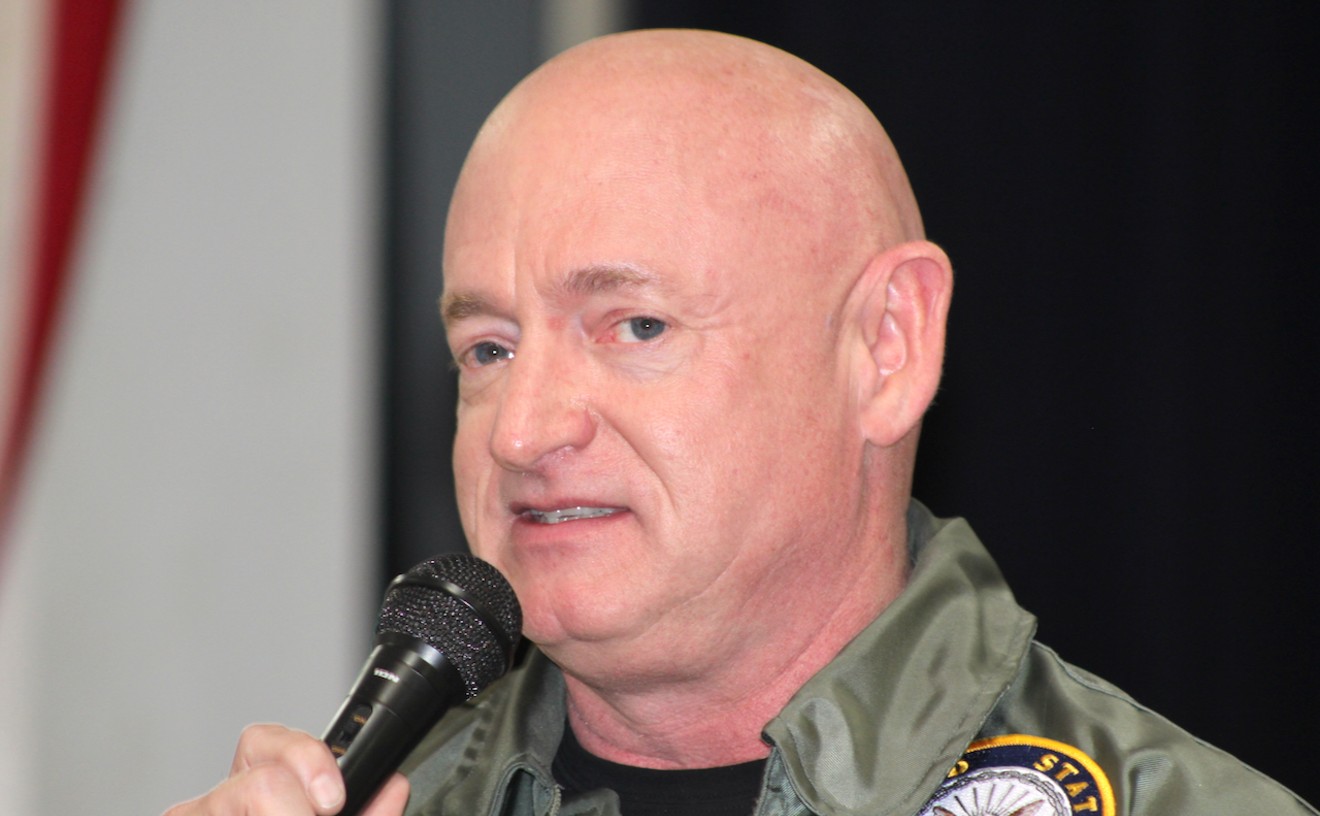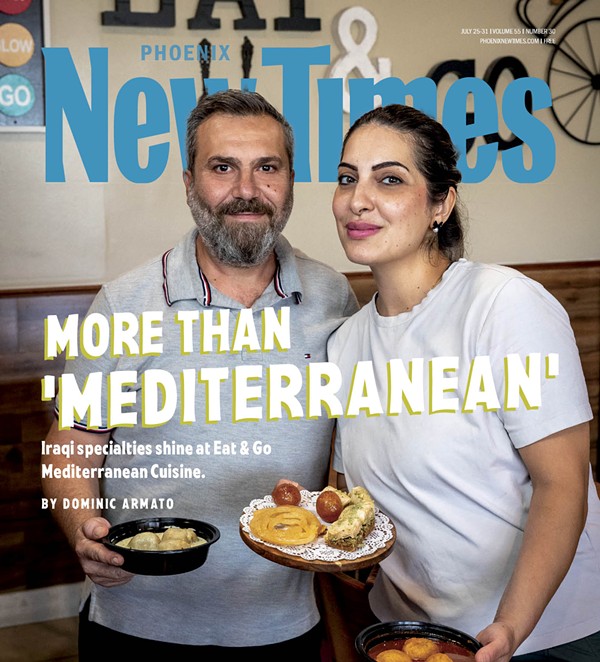That never sat right with Czinger. So he decided to do everything in his power to ensure it wouldn’t happen again.
Enter Czinger Vehicles, a revolutionary line of cars designed and manufactured in the U.S. According to Czinger, the company’s two models, the 21C and 21C V Max, are the “first human‑AI designed, and 3D-printed hypercars.” Boasting 1,350 combined horsepower, the strong hybrid sprints from zero to 60 miles per hour in less than two seconds and tops out at more than 280 miles per hour, making it the sixth-fastest car in the world.
Czinger’s revolutionary cars pack some major punch — and an equally eye-popping price tag that starts at $2 million.
The Los Angeles-based performance car manufacturer is setting up a network of factories across the U.S. that promises to usher in a new era in the automotive space by fundamentally changing the way cars will be designed and manufactured.
“You set up a factory and it’s there in the community, basically, forever,” Czinger told Phoenix New Times at a special event at Mike Ward Automotive’s McLaren dealership in Scottsdale on January 25. The auto group announced it would become Czinger’s exclusive dealer in Arizona and one of just 15 around the globe.
Using only their own alloys, the Czinger 21C is “nearly 100 percent 3D-printed,” said Lukas Czinger, co-founder and Kevin Czinger’s son. Hydraulic fluid pumps through systems that were designed by computer software, printed in a printer, and assembled by robots using cameras. There’s no welding and there are no fixtures involved.
“We started as a tech company more than a car company,” Lukas Czinger said. “It took many years of serious development to get us to where we are now."
After piloting a prototype at a motorsports gathering in Carmel-by-the-Sea, California, last year, Mike Ward Automotive owner Mike Ward said he was more than impressed.
“We were blown away at the level of precision and detail in their vehicle engineering,” Ward said of Czinger. "We are proud to align with a technically advanced company pushing the boundaries of what is considered the norm in the automobile industry.”
Although Czinger began pre-selling 80 of its cars in 2021 to customers all over the U.S., Canada, Germany, Japan, and the Middle East, Scottsdale seemed to gin up more interest than just about anywhere else.
“We had several different customers approach us that were from Scottsdale and ask if we had a dealer here,” Lukas Czinger said. “The Southwest is an important part of our brand. It was clear to us that Scottsdale has a real car scene and also a real supercar buyer community. That’s why we’re super excited to be here in Scottsdale.”
At the event last month, Arizona car enthusiasts were treated to a special viewing of the Czinger 21C at the dealership's new luxury showroom on East Gray Road. The event coincided with Barrett-Jackson’s luxury car auction just a 10-minute drive away in Scottsdale, a city that has become an unlikely hub of car culture.
Bartenders poured cocktails for attendees who perused the glossy, all-white showroom brimming with McLarens. But it was the unique centerpiece that stole the show — a striking cobalt blue supercar with sleek, serpentine curves and a jet-fighter-style tandem-seat cabin.
Clean, Green Racing Machine
Arizona has emerged as a hub for electric vehicles, and while the Czinger 21C isn’t fully electric yet, it will be one day, according to the father-son duo.Models available for purchase now are hybrid cars that employ two electric motors to power the front wheels and a third electric motor that acts as a starter for the 2.88-liter, twin-turbo V8 engine to power the rear wheels. It’s the most power-dense production engine in the world.
But the company is going green in other ways.
Its proprietary manufacturing technology reduces emissions “by a very, very significant amount,” according to Lukas Czinger. The car’s chassis uses up to 40 percent less material than any other vehicle on the market, according to the company.
“We have created an eco-friendly, sustainable reality by reducing materials, using readily available materials without any rare earth minerals that take a lot of mining expense, and using materials that are completely recyclable,” he said. “These alloys can be melted, turned into powder, and 3D printed again. It’s the tip of the iceberg in terms of where this technology can go.”
The idea is that when a Czinger car reaches the end of its natural lifespan, it can be sold back to the company to be recycled and used to create future iterations of the car. As Kevin Czinger puts it, it’s “a unidirectional river flow where, at the end, we toss it out and mine again. In their end life, simply melt down and re-atomize these materials and you create something new.”
Fifteen years ago, Coke cans required 83 grams of aluminum to produce. Now, with a thinner can and tab, it’s done with less than 13 grams of aluminum. The father and son are hoping to accomplish the same but with automobiles.
Kevin Czinger also hopes to re-regionalize automotive manufacturing in the U.S. and aims to start here in the Southwest. The factories he envisions would be enriched by apprenticeships and community college programs nearby that teach digital manufacturing skills.
“This is a reversal of globalization,” he said. “Together, we will bring manufacturing back to America.”












